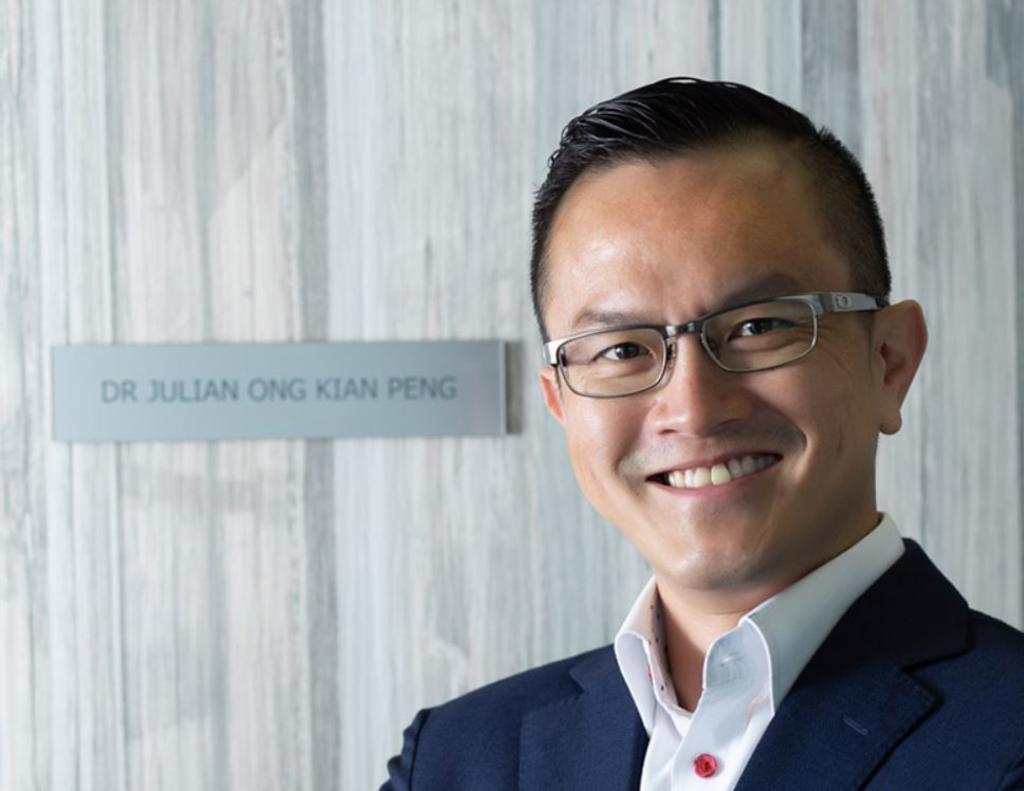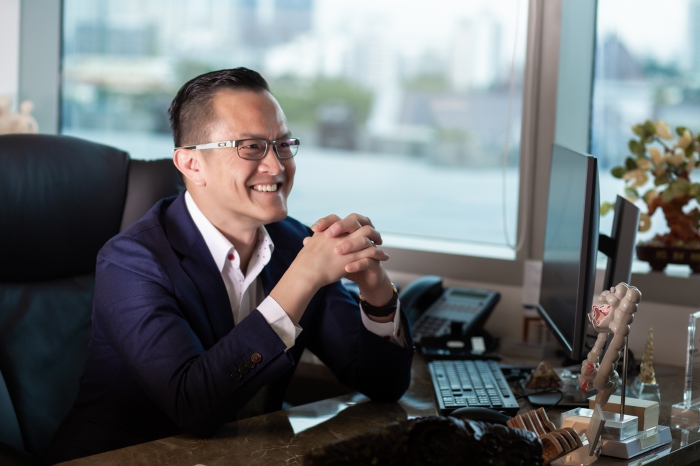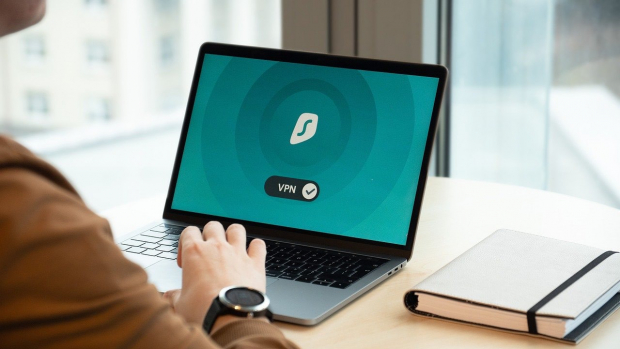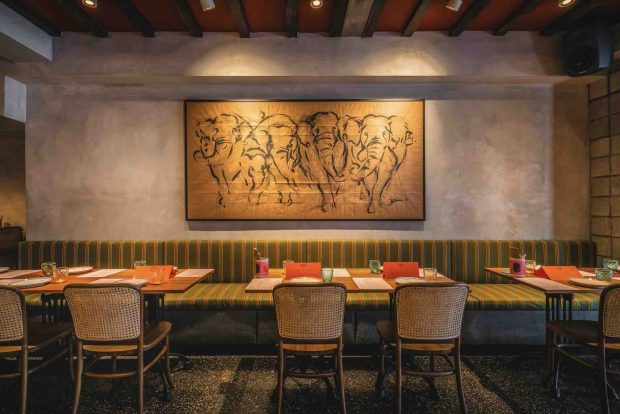There has been much talk in the press that men over 40 should go for regular screening for potential colorectal issues. A study in the US suggests “People who consume lots of foods linked to chronic inflammation, such as red meat and refined grains, may be more likely to develop colorectal cancer than individuals who tend to avoid these foods”. Notwithstanding the benefit of screening for colorectal issues, at the very least for one’s peace of mind, that appears to be a sense of awkwardness and anxiety as to having an endoscopy.
To help us all have a better understanding of this “taboo” subject, here comes Dr Julian Ong (a Consultant Surgeon who practices at HC Endoscopy & Piles Centre in Ang Mo Kio).
“Conditions affecting the colon, rectum and anus are very common, you need not have to feel awkward about having an endoscopy and a proper medical check,” said Dr Julian Ong when it was shared with him on the general misconception of awkwardness on this “taboo” screening.
Dr Julian Ong explained some of the general procedures in diagnosing and/or managing colorectal issues.
“An endoscopy procedure enables a doctor to directly examine a patient’s GI tract. A Oesophago-gastro-duodenoscopy or OGD is used to examine the oesophagus, stomach and duodenum. A Colonoscopy is used to examine the colon and large intestines. Treatment may sometimes be performed through the endoscope”, explained Dr Julian Ong.
Dr Julian Ong also added that to treat both benign and malignant conditions, surgery may have to be performed, either open surgery or by way of advanced minimally invasive (laparoscopic or robotic) surgery.
As a surgeon of many years standing, and whose experience lies in surgery for perianal conditions, as well as laparoscopic (“key-hole”) and open techniques of colorectal surgery, in addition to his sub-specialty expertise in advanced minimally invasive surgical procedures, such as single-port, and robotic-assisted surgery, Dr Julian Ong is no stranger to the varying levels of colorectal issues he had seen.
Dr Julian Ong went on to explain that anal abscesses, anal fistulae, haemorrhoids (piles) and rectal prolapse are common perianal conditions and the availability of treatment options include non-surgical techniques such as HET (Haemorrhoid Energy Therapy), Rubber Band Ligation and THD (Transanal Haemorrhoidal Dearterialization), or surgical procedures like Conventional Haemorrhoidectomy and Stapled Haemorrhoidopexy.
Apart from a surgery, the general screening procedures can be on a “day case” basis and generally without the need for general anaesthesia.
Dr Julian Ong’s practice address is HC Endoscopy & Piles Centre, Blk 710A, Ang Mo Kio Ave 8, #01-2629, Singapore 561710








